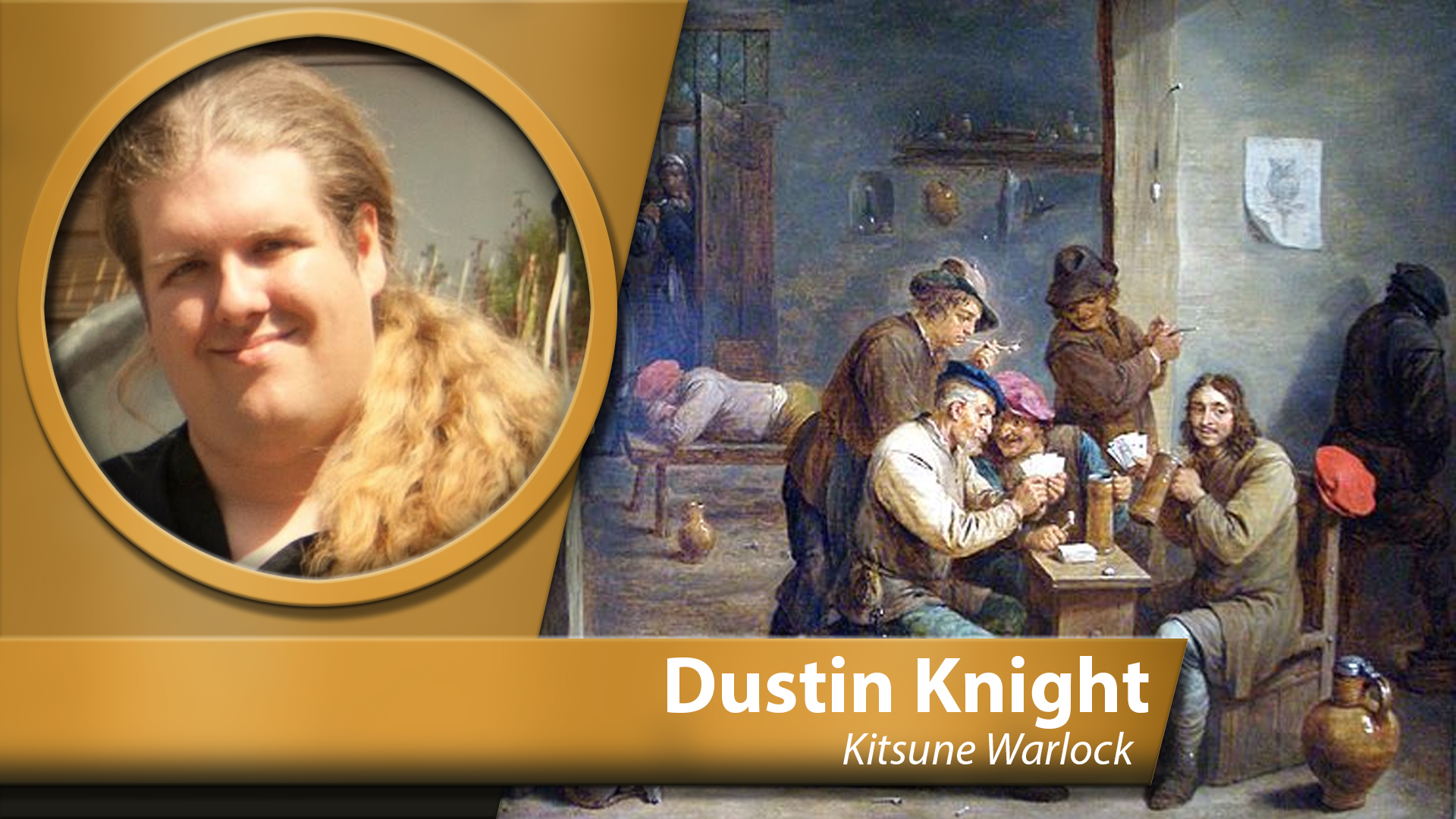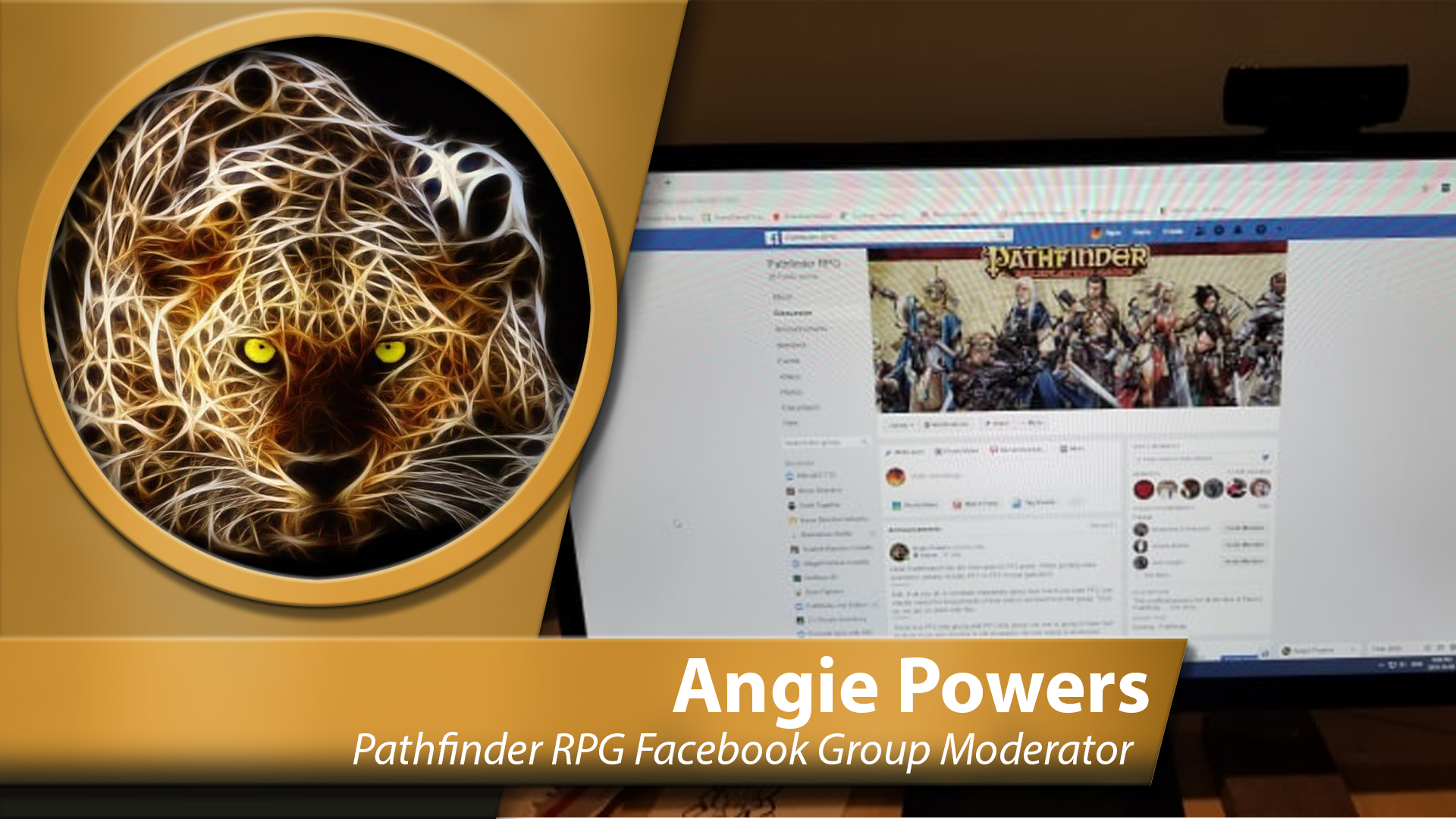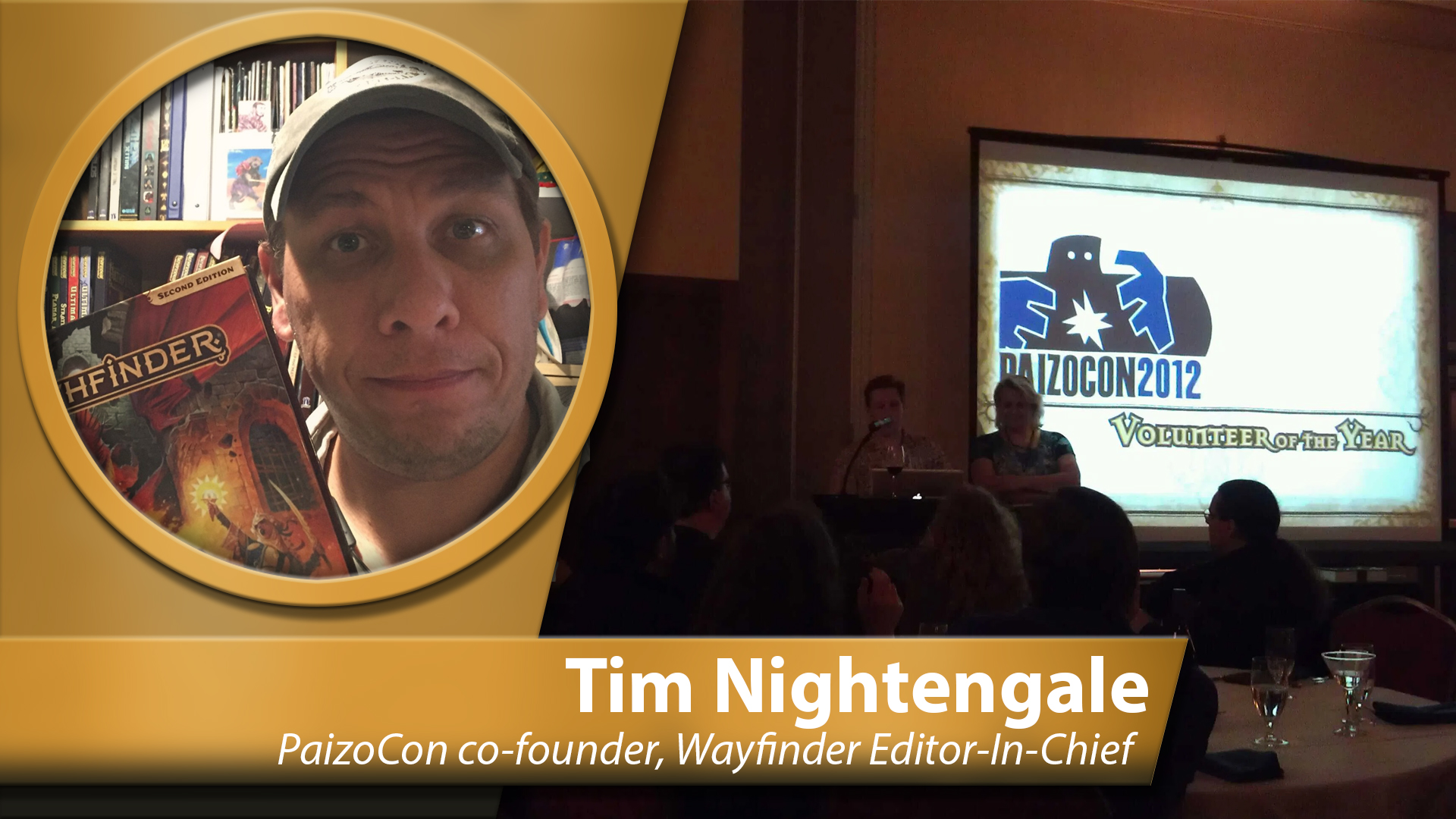By Dustin Knight
Hey did you hear? The Know Direction crew is off enjoying some downtime. Sounds like the perfect opportunity to use that key Perram hid under the doormat, steal Ryan’s drinks, and use Alex’s blog to show the internet how the often overlooked Downtime Phase can become one of the most compelling elements of an ongoing campaign. (And maybe plug my own blog while I’m at it.)
Downtime
It’s easy to overlook the Core Rulebook Downtime rules, and I’m not here to argue that it’s underdeveloped. On the contrary, downtime’s flexibility is its strong suit and the phase can be used for so much more than housekeeping for alchemists to craft a few extra exilirs and regretful fighters who didn’t use cards to plan out their feats.
Now many options will be character and campaign specific, such as the rules for organization upkeep in the Adventure Toolbox of Age of Ashes Part 2: Cult of Cinders. These options can involve researching or developing a new ritual, gathering and organizing followers or even learning a new language, as codified in Alex’s Dev Pit. A player and game master should spend time between sessions, or even during character creation, figuring out what sort of downtime tasks make sense and best fit the campaign. While there are no rules set in stone as to what makes for a good use of Downtime, I find five simple suggestions can help get those creative juices flowing.
Use Downtime Between Sessions:
Using Downtime between sessions can help maintain interest in a campaign, even if the group finds themselves unable to physically meet for quite some time. Now this can mean having your Downtimes applied retroactively if your session is ended before the next break period, but allowing players to plan out their daytime even when their characters are mid-combat can help make the entire experience that much more rewarding. Players can take the time to write out what their characters do, and players can even role play their downtime together to help build group cohesion. There’s quite a few actions available with the Downtime Trait, but earning some coin between adventures isn’t always the right fit for every character.
Use Downtime to Keep the Game Going:
Not everyone wants to sit around while the wizard researches a new spell or the druid looks for a new Animal Companion. While many groups will hand wave these seemingly mundane tasks, the Downtime phase gives players an incentive to sink their teeth into these projects, without making the rest of the table feel ignored. I’ve even seen players go on mini-adventures to seek out a rare regents or even regroup with the party after a disastrous retreat rather than just hand waving it, and many groups will appreciate the effort being rewarded. This has the added benefit of keeping players excited about an ongoing campaign even if your group starts to peter out on account of that whole “real world responsibilities” thing.
Use Downtime to Reward Player Resourcefulness:
Game Masters are people too. They have lives outside of the campaign and can’t be expected to set aside hours of time to design a subsystem for breeding animal companions so your ranger can get a Golden Axebeak. But Downtime is a good place for players to present their own ideas and even mechanics. It won’t take away valuable game time and balancing a Downtime check is usually just a matter of Adjusting the DC. Just make sure not to award your players too much more than your typical Earn Income check. Letting your characters gamble some of their earnings between sessions is fun, but whether they win or lose, it can quickly sour a campaign if the local barflies had enough silver to let the party go “all in” with that dragon’s hoard.
Use Downtime to Build the Campaign:
Very often peaceful settlements get glossed over by players looking to ransack their next dungeon. And while not every rogue wants to spend their time picking out upholstery for the party’s safe house between sessions, players and game masters alike will both appreciate having a couple weeks out of character to present and consider where it should go. It’s one thing for the bard to roll a performance check to Earn income. It’s another when the can select the venue you’ve listed in the city that could pique your player’s interest or even advance the campaign in the event your players burn through your plot hooks. Kingmaker is well-known for its kingdom building subsystems that would fall under this category.
Use Downtime to Reward Anyone:
If you only take away one thing from this article, it’s that any character should be able to and encouraged to participate creatively during Downtime. There is nothing wrong with the party’s sorcerer just going to the local bar to brag about the adventure and get drunk for a week. But you should reward players for going the extra mile. Even if its something as mundane as a champion volunteering at a soup kitchen, a player will appreciate the free gather information check during the Downtime phase rather than at the start of the next Exploration. Remember that rewarding a creative solution is greatly appreciated by most players, even if the actual boon seems pedantic or useless from the other side of the GM screen. I challenge someone to develop a character who can’t think of a way to make valuable use of their downtime, other than rolling a Lore check to Earn Income.
But maybe you’d prefer a more concrete example of what you can accomplish using Downtime. Well, I have a short preview from a secret unannounced project that might help your classic glory-seeking adventurer.
Maintain Reputation
| Downtime | | Heroic |
There comes a time in every adventurers life where you just don’t feel like plowing a field for a few silver. And whether it’s volunteering to help rebuild the town, writing your memoirs, or just boasting about your exploits in local taverns, you’ve decided to spend your time between adventures cultivating your heroic presence. For as long as you spend maintaining your reputation, NPCs will know of your character with a DC 10 Society check to Recall Knowledge of your exploits and will usually have an attitude one step better or worse than normal, depending on your reputation and the NPC’s disposition.
Special: If you have a hero point remaining at the end of your last session and spend your entire downtime of at least 7 days maintaining your reputation, you can start the next session with an additional Hero Point.
About Dustin Knight
Dustin has been playing and improving on RPGs since AD&D in 1999. He ran games and conventions around California while studying Graphic Design, Philosophy, English & Architecture. After developing a tabletop game seminar he began working freelance for Alderac Entertainment Games. During his stint on the East Coast, he became a Venture Lieutenant and began reviewing Pathfinder mechanics for Organized Play. After moving to Washington in 2019, he met Alex Augunas at Paizocon and developed, designed and wrote for Everybody Games LLC, starting with the Feat Cards for Everbody and Files for Everbody lines. His lifelong dream is to see more people having fun using his content.







Very interesting blog with some neat and cool ideas, downtime is such an easily glossed over part of the game even with the emphasis 2e puts on it that it’s great to see people thinking about how to expand it, use it for story and character growth and just pull players and GMs more into the game with it!